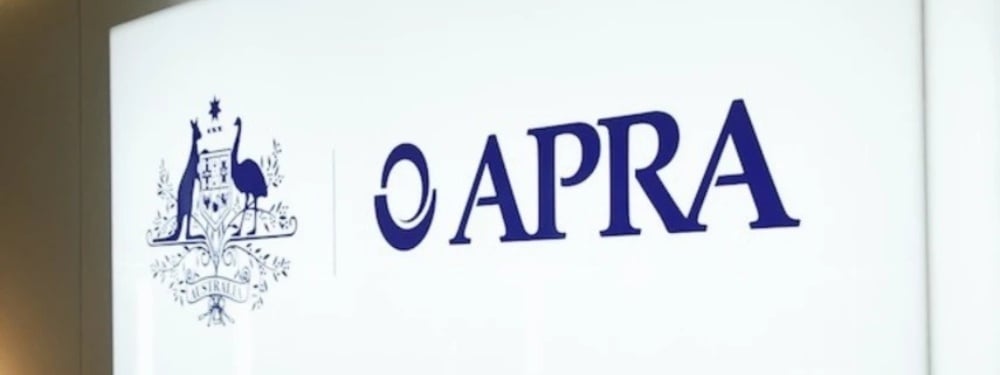Climate Resilience Strategies: Navigating Climate Risk and Enhancing Governance
In an age marked by climate volatility and economic shifts, organisations are under growing pressure to strengthen their climate resilience strategies. In a candid conversation among Wes Ward, Neil Plummer, and Fi Mercer, a wealth of insights emerged on how to fortify an organisation's climate resilience amid a backdrop of uncertainties. Let's delve into the key strategies discussed in this enlightening conversation, while also highlighting relevant LSI keywords related to climate, resilience, strategies, climate risk, and governance.
Resilience Strategies Snippet
Decoupling from the Grid: Sustainable Climate Resilience Strategies
One of the initial strategies that surfaced in the discussion was the concept of decoupling from the grid, which stands as a sustainable climate resilience strategy. Wes Ward emphasised the importance of reducing exposure to volatile energy prices by investing in renewable infrastructure. This forward-thinking approach involves incorporating solar, wind, or other sustainable modes to power an organisation. As the grid progressively shifts towards renewable sources, such as electricity, the transition becomes not just an environmentally conscious choice but also a financially prudent one—addressing both climate risk and financial stability.
Neil Plummer reinforced this idea by highlighting the grid's increasing focus on renewables over fossil fuels like coal and gas. He urged organisations to consider transitioning to electric power sources and even implementing solar panels and batteries to further reduce financial risk exposure. This dual approach not only promotes sustainability but also shields organisations from energy market fluctuations—aligning climate resilience with economic stability.
Flood Resilience: A Governance Approach to Climate Resilience
The conversation delved into the importance of flood resilience, particularly concerning mental health facilities—a critical aspect of climate resilience. Fi Mercer stressed the significance of governance discussions at the board level, emphasising that the approach should be from a governance perspective rather than executive execution—a governance-driven strategy for climate resilience.
To foster climate resilience in the face of flood-related challenges, organisations should consider the following governance approaches:
- Integration of Board Subcommittees for Climate Resilience: Mercer recommended the integration of board subcommittees, including finance, risk, audit, sustainability, and quality committees, to address climate resilience comprehensively. These committees should collaborate to discuss complex topics like flood resilience, as it often involves resource reallocation that requires a strong rationale—strengthening climate resilience through governance.
- Climate Risk Partnerships: The discussion raised the vital question of responsibility for post-flood recovery. Partnerships play a critical role in addressing this aspect of climate resilience. Organisations need to establish clear partnerships and delineate responsibilities for both emergency response and follow-up activities—climate risk governance in action.
Capital Works Programs: Balancing Infrastructure and Climate Risk Governance
In the context of capital works programs, Neil Plummer highlighted the importance of considering climate risk exposure—a pivotal aspect of climate risk governance. As organisations, particularly in the education sector, plan new campuses or upgrade facilities, they must account for both the immediate expenses and long-term climate risks associated with infrastructure decisions.
Key considerations for managing climate risk through capital works programs include:
- Climate Risk Assessment: Organisations should conduct a comprehensive climate risk assessment to understand their current risk exposure and identify potential areas of vulnerability—a fundamental step in climate risk governance.
- Climate Risk Mitigation Strategies: Mitigating climate risk may involve relocating facilities in climate-vulnerable areas or implementing adaptive measures to withstand environmental challenges—a proactive approach to climate risk governance.
- Future-Focused Climate Resilience Planning: With climate change increasing the frequency and severity of environmental events, organisations must adopt future-focused climate resilience planning that anticipates evolving climate risks—a critical aspect of climate risk governance.
Conclusion: Elevating Climate Resilience Through Governance and Sustainable Strategies
In an era defined by climate uncertainties, building climate resilience is not just a strategy; it's an imperative. The insights shared in this conversation underscore the importance of proactive strategies, such as decoupling from the grid, climate resilience through governance, and climate risk-aware capital works programs. By embracing these approaches, organisations can chart a path towards a more sustainable, climate-resilient future—one that withstands the challenges of today and prepares for those of tomorrow, aligning climate resilience with sound governance and sustainable strategies.










